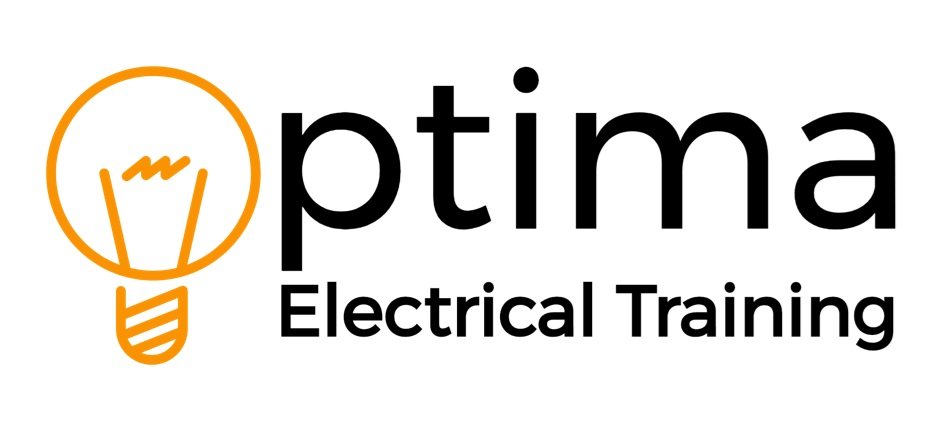Generation E and the EV Boom: What It Means for the Future of Electricians
As the UK accelerates toward its net-zero targets, the transition to electric vehicles (EVs) is not just a consumer trend — it’s reshaping infrastructure and creating sweeping demand for skilled professionals.
A recent Electrical Times article highlights how “Generation E” — those in their 30s with environmentally conscious buying habits — are expected to drive widespread EV adoption over the next decade.
In fact, over 60% of drivers in this age group say they plan to own an electric or hybrid vehicle by 2035, with nearly as many aiming to make the switch by 2030. These changes, while driven by consumer choice, rely heavily on one key trade: qualified electricians.
Why This Matters
The growth of EV adoption has a direct impact on infrastructure. Every new electric vehicle requires somewhere to charge — whether it’s a public charging point, a domestic wall box, or a workplace installation. According to the International Energy Agency, 14 million EVs were sold globally in 2023, a 35% increase over the previous year. This trajectory is expected to continue, with EVs making up 18% of global vehicle sales in 2023 compared to just 2% in 2018.
In the UK, supporting this growth means a dramatic expansion of the EV charging network, much of which is expected to be installed by domestic and commercial electricians.
The Role of the Electrician in the EV Transition
Electricians are at the centre of this shift. As EV uptake increases, so does demand for:
EV charger installations in homes and businesses
Upgrades to consumer units to handle additional loads
Compliance with wiring regulations (BS 7671)
Inspections and testing of new installations
To carry out this work legally and safely, electricians must hold industry-recognised qualifications such as the C&G 2391-52 Inspection & Testing and the 18th Edition Wiring Regulations. Many also take an additional short course specifically for EV charging point installation, such as the C&G 2921.
Skills Shortage or Skills Opportunity?
According to The Electrotechnical Skills Partnership (TESP), the UK will require thousands of new electricians in the coming years to meet the demands of green infrastructure and energy-efficient technologies. Unlike some other trades, the role of the electrician is expanding in scope — touching on everything from vehicle charging to smart homes, renewable energy, and battery storage.
A Career with Long-Term Relevance
As local authorities and businesses prepare for the 2035 ban on new petrol and diesel cars, electricians will continue to be in high demand. For those considering entering the industry — or retraining from another trade — the timing could not be better.
Whether you're looking for a future-proof career or hoping to contribute meaningfully to the UK’s green energy goals, electrical work — particularly in EV infrastructure — offers a practical and sustainable path forward.
References:
Electrical Times: Generation E to drive the switch to EVs
International Energy Agency (2024): Global EV Outlook
The Electrotechnical Skills Partnership: Labour Market Intelligence
Thinking of Becoming a Qualified Electrician?
If you're interested in learning a skilled trade and want to be part of the EV revolution, why not train to become a certified professional?
At Optima, we provide comprehensive electrical training courses that equip you with the skills, qualifications, and confidence to work safely and legally in this vital industry.
Whether you’re just starting out or looking to expand your qualifications, our accredited training programmes will give you the knowledge, confidence, and credentials to meet new building standards and market demand.
✅ Hands-on training
✅ Industry-recognised certifications
✅ Expert instructors with real-world experience
✅ Courses tailored to upcoming regulations
Contact us today to embark on your training journey.
Contact us: Request Information
Email: info@optima-ect.com
Freephone +44 800 0371572


